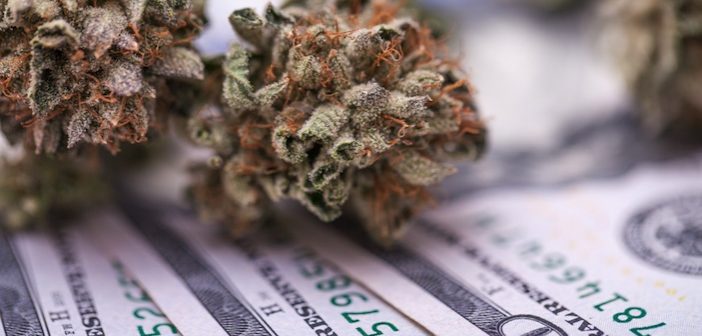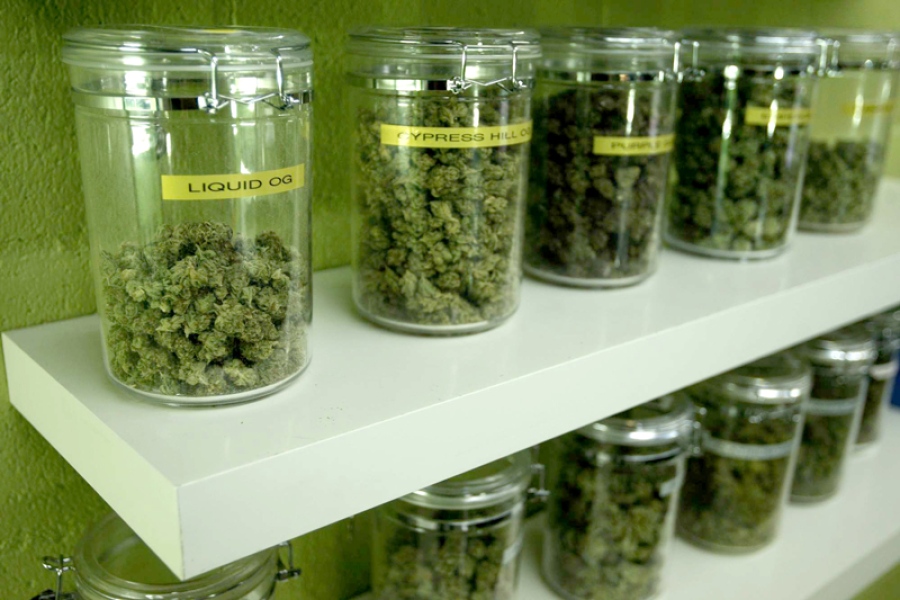California Treasurer John Chiang announced that the Cannabis Banking Working Group is looking into the necessary next steps to address the issue of banking access for cannabis businesses in California.
“These steps take on heightened importance in the wake of U.S. Attorney General Jeff Session’s recent rollback of Obama-era guidelines,” Treasurer Chiang, a gubernatorial candidate, stated in a press release notifying the media of today’s announcement. “California’s $7 billion-a-year legal recreational cannabis industry, which launched January 1, is hampered by having no access to basic banking services enjoyed by other businesses. Cannabis firms are forced to deal almost entirely in cash, creating a rich environment for violent crimes, money laundering and other illegal activity.”
The first step is issuing a Request for Information to get qualified help to establish the scope and feasibility study. The last day to submit RFI questions is Feb. 16 and the final date to submit a response is March 2.
“The next steps involve a methodical and disciplined evaluation structured as a two-part feasibility study. The Attorney General’s Office has agreed to do the legal portion of the study,” Chiang said. “My office will handle the operational portion.”
Chiang’s announcement follows the introduction of SB 930 earlier this month, a bill that would allow financial institutions in the state to issue certified checks, conduct payroll, process tax payments, pay rent, and invest in California’s economy. The bill’s sponsor, Sen. Bob Hertzberg (D-Van Nuys) collaborated with Fiona Ma, Chairwoman Emeritus of the State Board of Equalization, to craft the bill’s language.
“Now is the time for California to take action,” Ma stated in a press release announcing the bill’s introduction. “… Paying your taxes with duffel bags full of cash isn’t safe or efficient for anyone involved, but this is the reality for those legally working in the cannabis industry.”
To circumvent the lack of access to banking for funding purposes, cannabis businesses have been working with accelerator programs like Gateway Incubator and Canopy, which offer seed funding for startup cannabusinesses. But the issue of processing and handling money remains.
In Colorado, Washington, Oregon, and Alaska, lack of access to banks has been an issue of concern as well. Andy Williams, who runs Denver’s Medicine Man dispensary, told the Washington Times his bank account had been shut down in 2014, just before his federal taxes were due. Between 2011 and 2015, six business accounts had been closed and hundreds of thousands of dollars sat inaccessible.
The cities of Oakland, San Francisco, and Los Angeles have explored public banking options, but actual plans have yet to come to fruition. And numerous requests from federal legislators in cannabis-friendly states have made attempts to alleviate the problem, to no avail. Meanwhile, H.R.2215, dubbed the SAFE Act of 2017, which aims to “provide financial services to cannabis-related legitimate businesses,” has gained 75 cosponsors.
The issue, public officials and cannabis business representatives agree, is one of public safety.
“We know there is a concern with having so much cash flowing around on the street in transactions for what is now a state legal product,” said Peter Williams, deputy secretary and general counsel for the state Business, Consumer Services and Housing Agency told the Los Angeles Times in December.
Chiang formed the Cannabis Banking Working Group in November to search for a solution to the discrepancy between state and federal cannabis law and the impact it has on businesses where access to banking is concerned.
“Until the slow, clunking machinery of the federal government catches up with the values and will of the people it purportedly serves, states like California will continue to both resist, and more importantly, to lead,” he said.
credit:marijuana.com













